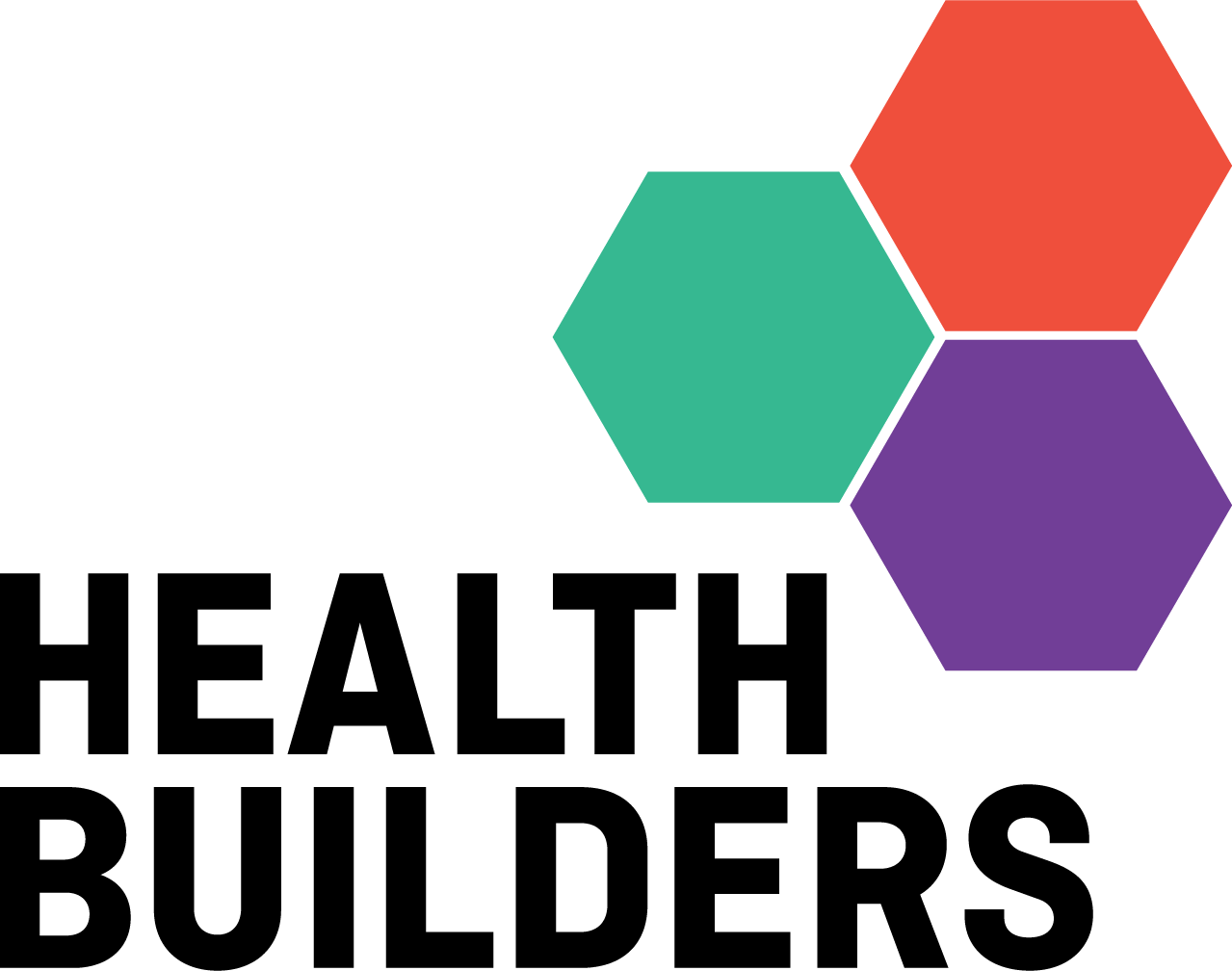Training + Education
Coaching and mentoring health care workers leads to better management of their health systems, provides quality health care, and helps to educate and empower their communities.
3 rural districts
serving more than one million people
54 health centers
receiving training + mentoring services
90% of consultations
take place in these health centers
25% increase
teens will face challenges due to pregnancy
The Challenge
Rural Rwandan health care facilities are limited in the staff they can hire, most of whom are undertrained and unable to deliver comprehensive primary care.
Many times, there is no running water or electricity. Yet staff are expected to provide care for communities of 25,000 people or more.
These same facilities are expected to also train and manage the community health care workers who go even deeper into the community to reach people who can’t make it to a health center.
The Solution
The main focus at Health Builders is the individual coaching and mentorship of health center workers. We have found that rather than training individuals on procedures, standards or generally accepted best practices, our skilled health management advisors can sit down one-on-one with health workers to address their unique challenges. This process enables Health Builders to be true partners, learning about the problems and helping to find solutions that might not be identified through surveys or observations.
Once we identify the specific constraints that each health center faces, we develop specific interventions to address them. We partner with the staff and community to attack these problems, offering guidance and support, direction, and resources from our team.
Our areas of coaching cover the full range of functions, each to accomplish a different aspect of improving health care.
Strengthening health systems through training + mentoring
Leadership Process and Accountability
Committed to patient-centered care, effective and accountable health center leadership includes both community members and health care providers in planning and decision making. We train health center staff in planning and reporting as well as financial, inventory and health information management.
Competent and Capable Workforce
Health centers need enough and competent personnel to provide quality health services to their communities. We train health center managers and staff and support them to develop and implement in-service training plans.
Safe Environment for Staff and Patients
A health facility should be a safe environment free of any agent that would lead to spreading infection or any sort of accident. We train health centers to establish actions and precautions to avoid any incidents.
Clinical Care of Patients
Ensuring that patients receive an acceptable standard of care is especially important in effectively diagnosing and treating infectious diseases such as malaria, TB, HIV/AIDS; non-communicable diseases and childhood illnesses. For complicated cases, staff relies on referral systems to ensure appropriate care continues.
Improvement of Quality and Safety
Training and coaching health care providers on the key standards will help them develop skills for improved health care services. We emphasize the importance of patients voicing their complaints and suggestions, staff reporting incidents and monitoring feedback to improve health care delivery.

